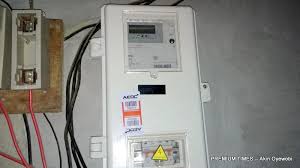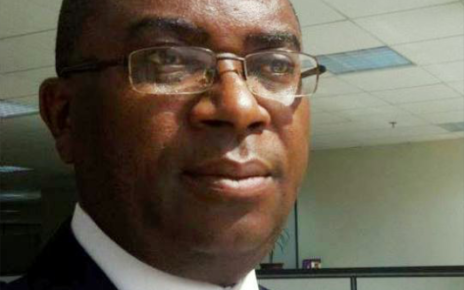The Energy Markets Rates and Consultants (EMRC), a team of independent consultants providing energy market, regulatory, techno-economic and financing advice for electricity, renewables and gas sector, has adduced several reasons for the subsisting metering gap in Nigeria, despite efforts by the government and its partners to close the gap through the National Mass Metering Programme (NMMP) and the Meter Asset Providers (MAP) scheme.
The group, in its insight document on electricity metering published on Thursday, August 31, stated that the Nigerian Electricity Regulatory Commission (NERC) in its electricity report had reported that the country currently had 12.3 million registered electricity consumers, with only 5.3 million of them metered, leaving 7 million consumers unmetered as of the first quarter of this year
According to the EMRC, the metering gap can be linked to several factors including resistance of consumers to change, lack of consumer awareness, regulatory and policy issues, and corrupt practices
It clarified: “Many consumers are typically reluctant to adopt the installation of meters due to concerns about capital cost, perceived inconvenience, and apprehensions about transitioning to a new billing methodology.
“Many consumers lack awareness about the advantages of precise metering, their rights in the process, and the role it plays in promoting efficient energy consumption.
“Inadequate enforcement of metering mechanisms creates complexities in the electricity metering sector. These issues could discourage private investments in metering infrastructure and hinder the adoption of modern metering technologies.
“The slow pace of meter deployment is exacerbated by corruption within the metering supply chain. This includes misappropriation of funds designated for new meters and imposition of unauthorized fees on customers, a clear misalignment with the regulatory provisions for meter procurement”, the consultancy services firm added.
While noting that the unavailability of meters for customers has resulted in a significant metering gap, the group, however, observed that efforts were being made to close the metering gap over the years.
It further pointed out that metering remained crucial to effective energy management, grid stability, and the cultivation of energy-conscious behaviours among consumers.
On how the metering gap could be closed, the EMRC made some recommendations, including allocating resources for expanding metering infrastructure is critical to encompass a larger customer base; and consistent and clear regulatory policies will incentivize private sector participation and innovation in metering solutions.
Others are increasing public awareness about the benefits of metering can alleviate resistance and foster customer collaboration; and launching new metering projects, informed by the successes and learning of prior initiatives, will fuel ongoing progress.
The EMRC strongly maintained that these strategies can collectively lead to a transparent and accountable billing process, increased Nigerian Electricity Supply Industry (NESI) revenue, and improved access to reliable electricity for customers.




